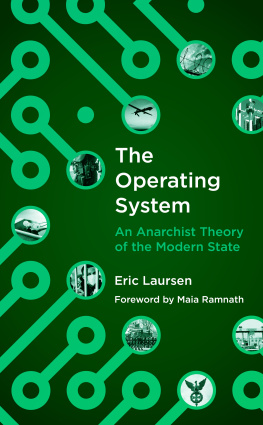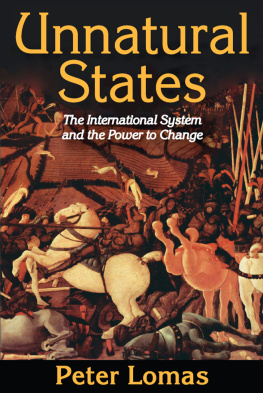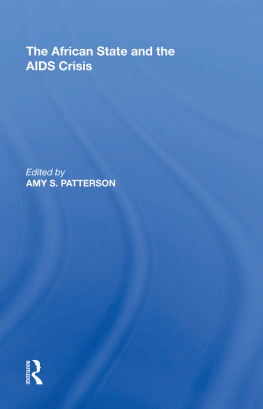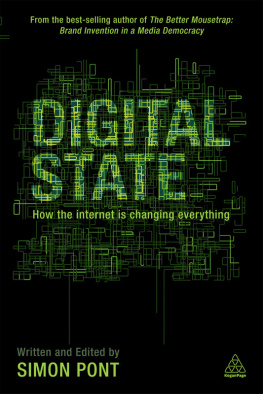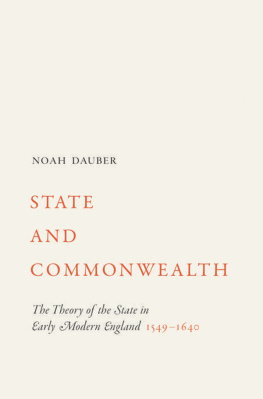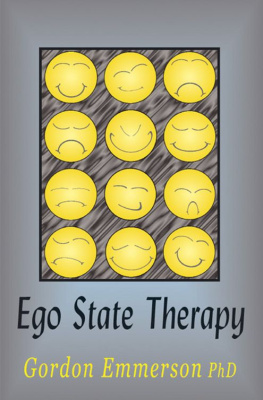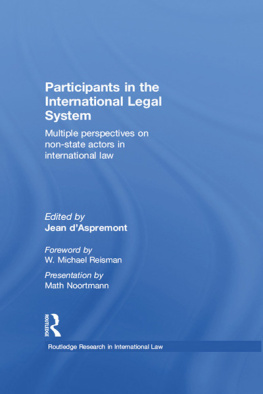Contents
Page List
Guide
The Operating System
An Anarchist Theory of the Modern State
The Operating System
An Anarchist Theory of the Modern State
Eric Laursen
Foreword by Maia Ramnath
The Operating System: An Anarchist Theory of the Modern State
2021 Eric Laursen
Foreword 2021 Maia Ramnath
This edition 2021 AK Press (Chico / Edinburgh)
ISBN 978-1-84935-387-8
E-ISBN 978-1-84935-388-5
Library of Congress Control Number: 2020946158
AK Press | AK Press |
370 Ryan Avenue #100 | 33 Tower Street |
Chico, CA 95973 | Edinburgh, EH6, 7BN |
USA | Scotland |
www.akpress.org | www.akuk.com |
The addresses above would be delighted to provide you with the latest AK Press catalog, featuring several thousand books, pamphlets, audio and video products, and stylish apparel published and distributed by AK Press. Alternatively, visit our websites for the complete catalog, latest news and updates, events and secure ordering.
Cover design by John Yates | www.stealworks.com
Printed in the United States of America on acid-free, recycled paper
To the memory of David Graeber
February 12, 1961September 2, 2020
Scholar, anarchist, rebel, friend
CONTENTS
The New Idol
Somewhere there are still peoples and herds, but not with us, my brethren: here there are states.
A state, is called the coldest of all cold monsters. Coldly lieth it also; and this lie creepeth from its mouth: I, the state, am the people.
It is a lie! Creators were they who created peoples, and hung a faith and a love over them: thus they served life.
Destroyers, are they who lay snares for many, and call it the state: they hang a sword and a hundred cravings over them.
Where there is still a people, there the state is not understood, but hated as the evil eye, and as sin against laws and customs.
Friedrich Nietzsche, Thus Spake Zarathustra
Foreword
by Maia Ramnath
I.
When I first received a message from Eric Laursen inviting me to comment on his new book and possibly write a foreword, I was standing in line. It was a bathroom line, snaking out of an art space that had opened its doors to protesters and spilling into the COVID-emptied evening streetscape of Lower Manhattan. There, at the height of the Black Lives Matter uprisings in June 2020, a vibrant autonomous encampment had sprung up outside City Hall, waiting in suspense for the City Councils budget votewhich might or might not include defunding the police. Everyone was masked.
It was a long line, and I had lots of time while checking my messages and waiting for a toilet to think about Erics project in the context of the urgent critiques being enacted all around me.
What Eric offers us in these pages is an illuminating theoretical model of the modern State as operating system. (The aptness of the analogue is no coincidence, reminding us of the concrete linkage between the development of the Internet and state-funded military research for networking communications of command and control.) The operating system is an all-encompassing master software for the functioning of, well, everything: a networked and distributed set of commands that control the deployment of all our institutions, organizations, financial entities, corporations, parties, coercive instruments, and common-sense assumptions.
Outside, a different, bristling complex of individuals, organizations, and emergent networks of actors demanded a radically transformed peoples budget for New York City that would defund the police and instead prioritize housing, education, mental health and drug treatment services, and other social programs. All of which, if flourishing, would nudge toward obsolescence the perceived need for policing, penal, and carceral systemsdeactivating, in other words, much of the apparatus and logic of the operating system itself.
Voices in the camp offered a spectrum of tactical views: from the pragmatism of presenting a list of concrete, tangible, quantifiable demands, amounting to a slate of line-item reforms in the city budget, on the one hand, to more immediate radicalization, calling for unconditional abolition and reflecting many organizers dissatisfaction or disgust with piecemeal reforms, on the other. Perspectives about the encampment itself included those who argued that the spontaneous prefiguration of a community based in mutual aid, cultural revitalization, and self-organizing to provide one another with respite, protection, food, and medicine was its own visionary argument, its own world-making achievement, its own reason for being. Others, however, saw the encampment purely as a base camp for staging confrontational actions.
There were debates on the meaning and ownership of Black leadershipparticularly the uplifting of womens, youth, and queer leadershipand on the role of white or non-Black POC allyship. There was also a proliferation of artwork, a peoples bodega, a peoples library, an electrical charging station, and a bounty of food. There were discussions, presentations, workshops, and cultural events. There were bridge-takings, street blockades, and loud nocturnal visits to council members homes.
Then we reached the eve of the climactic budget vote. What would the long night bring? Would the budget be passed, disregarding protesters demands? Who would stay or go if it passed? Who would stay or go if it didnt? What would the consequences be in either case? Would we be locked in pitched battle with the police? Would there be mass arrests? Would they try to kick us out? Regardless of the outcome, some organizers had stated their intention to leave voluntarily after the vote while others were committed to staying indefinitely.
The budget passed, controversially, with half measures. It wasnt nothing, exactly, but it was abysmally short of what had been hoped. Disappointed activists vowed to continue a much longer fight. A deliberative decision on the camps future was taken in the predawn hours, prioritizing the wishes of Black participants. The original organizing body withdrew, along with the infrastructure for which a dtente had been negotiated for a set period of time, the police promising relative noninterference until the council vote. But many chose to stay on, without material support or protective cover. For them, the goal had never been limited to securing a budget deal, and it had certainly not been reached.
Abolition Park was evicted three weeks later. If only for one brief month, nevertheless, in confrontation with the mechanisms of the State, activists had posited another kind of society and set it on a course of fluid self-discovery and self-creation, debating the unfolding and meaning of its own existence. Here, other codes beyond the operating system were being written and test-run.
II.
Eric urges us to bring antistatism back to anarchism, restoring it to the center of our analyses of power, oppression, domination, and authority. The need to recall anarchist attention to the State, or even to mention or emphasize the State, may seem funny or ironic, given that antistatism is assumed to be at the core of anarchism. Nevertheless, its gotten somewhat lost in the shuffle, Eric observes, given the necessarily expanded critical awareness of systemic hierarchies linked to race, gender, ability, and other interlocking structures of oppression.

